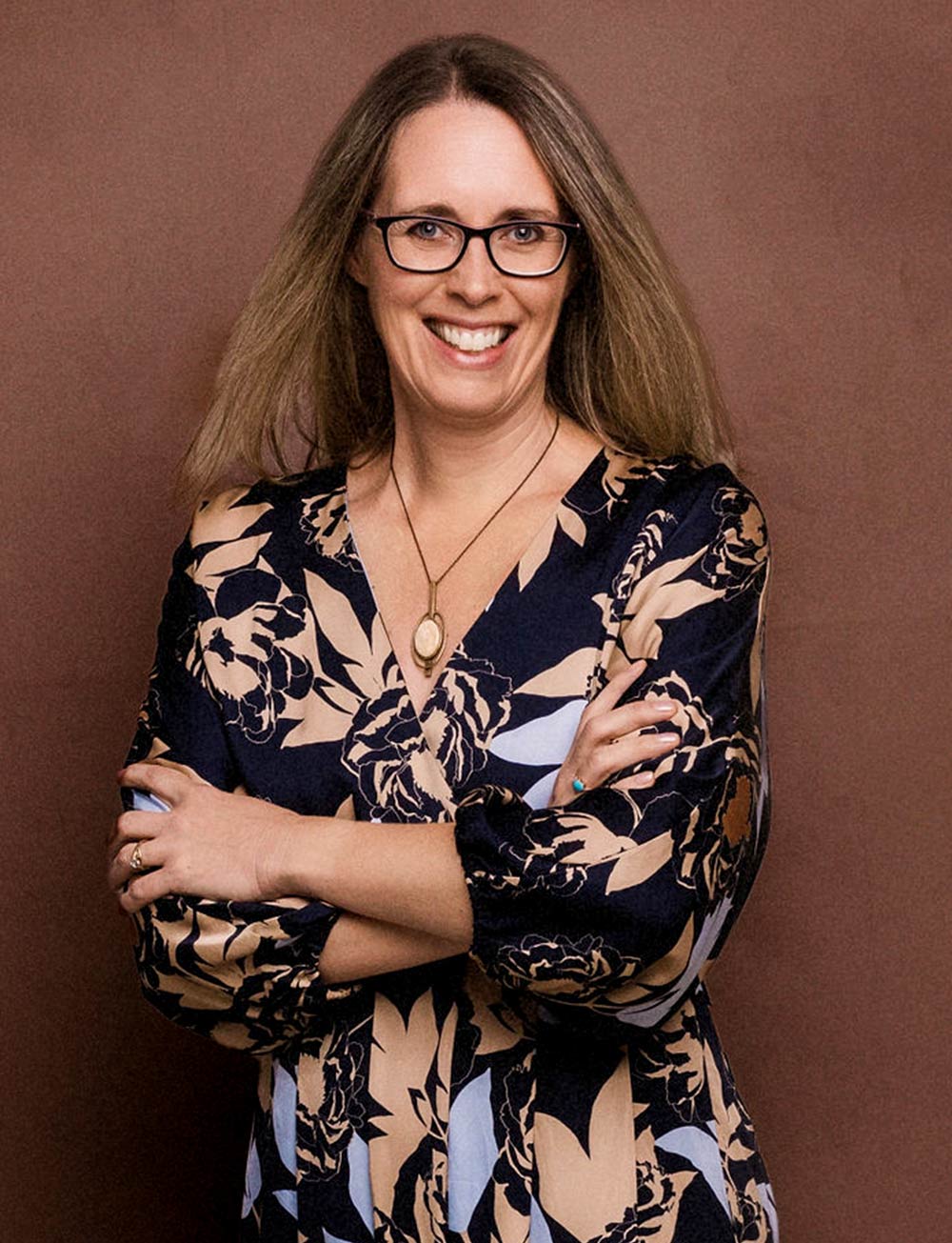Decisions that stick with you

Eleanor Roosevelt once said, “I am who I am today because of the choices I made yesterday.”
Kelley Packalen is familiar with the sentiment. She knows the outsized impact that one’s decisions have, because she’s researched it in the field of entrepreneurship. “Who an entrepreneur is as a person and the environment in which they are located shapes the type of company they found,” says the associate professor of strategy and organization.
This phenomenon, known as “imprinting”, is a central part of her curriculum. “I bring this idea of integrity and imprinting into my teaching of entrepreneurship, innovation and strategy . . . the outsized impact initial decisions can have and how quickly a culture may form,” she says.
As an example, consider a startup founder who starts off trying to do the right thing, but then begins to engage in small, and then more significant unethical business practices for competitive advantage gain.
“When students push back and say, ‘Well if I don’t do it another firm will,’ I tell them that they are right, but that the only decisions they control are those that they make, so they need to make decisions that align with their own values and what they believe is the right thing to do, not necessarily the most profitable thing to do.”
Each semester, Packalen meets one-on-one with her students to get a sense of their background and goals for the course. Mindful of the impact of initial decisions, her aim is to better understand how she can support them in meeting their objectives.
Packalen’s own decisions led her to where she is today. She grew up in Sarnia, Ont., and completed her studies in the U.S. She has a BA in psychology from Wellesley College and a master’s in sociology and a PhD in industrial engineering, both from Stanford. That unusual educational trifecta has given her a distinct window on what makes people tick and allows her to unpack questions from both a business and social sciences perspective.
Grad school is where she met her husband, who is from Finland and an economics professor at the University of Waterloo. They have three boys and Finland is the family’s second home. It’s where they hunkered down at the height of the pandemic. “I love foraging for mushrooms and berries in the forests of Finland,” Packalen says.
At Smith, where she’s been since 2004, Packalen’s research agenda has grown to include academic integrity and mental health. But imprinting has been a throughline in her work.
More recently, she was part of a team studying the impact of “work integration social enterprises” (WISEs) in Ontario. These are revenue-generating businesses with a focus on supporting the labour market for vulnerable community members.
“The WISE project brought together so many of the topics in which I was interested, including social entrepreneurship and mental health,” she says.
Looking ahead, Packalen wants to extend the research that she’s been doing on integrity in entrepreneurship and investigate more systematically how founders’ values and prior life experiences are imprinted onto their firms.
“If the research that I am doing and the conversations I am having with students in my classes lead individuals to be more deliberate in their decisions—to stop and pause to consider why they are doing what they are doing and what might be the unintended consequences of those decisions—I’ll be happy.”
